Publication in Nature of lake microplasctic
Article in Nature co-authored by Beata Messyasz reveals that lakes ecosystems play a key role in the plastic-pollution cycle. Read more here https://www.nature.com/articles/s41586-023-06168-4
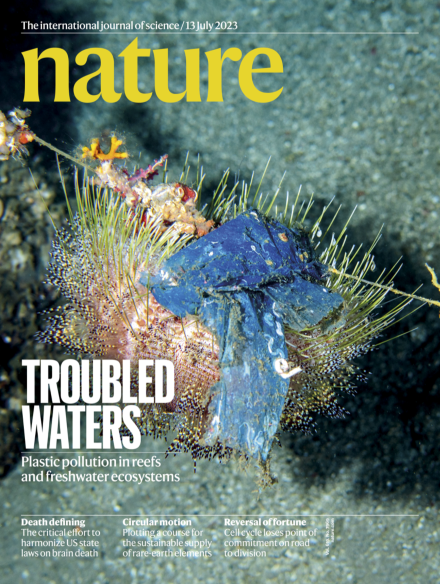
Article in Nature co-authored by Beata Messyasz reveals that lakes ecosystems play a key role in the plastic-pollution cycle. Read more here https://www.nature.com/articles/s41586-023-06168-4
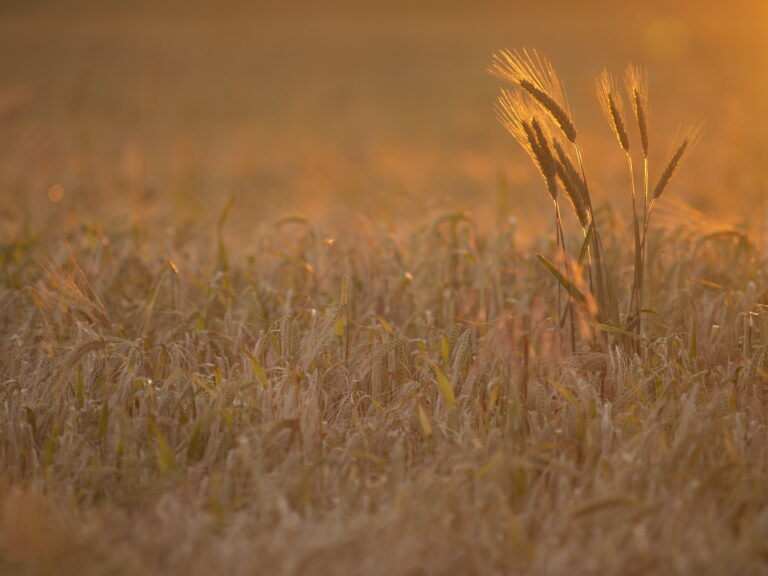
The journal Biological Reviews has published a paper authored by Anna Skoracka, Lechosław Kuczynski and Jacek Radwan and colleagues from the University of Lisbon and the University of Montpellier (https://doi.org/10.1111/brv.13018). It is a review publication that explains the evolutionary and ecological relationships between dispersal and host specialization using herbivorous arthropods as a model group. The…
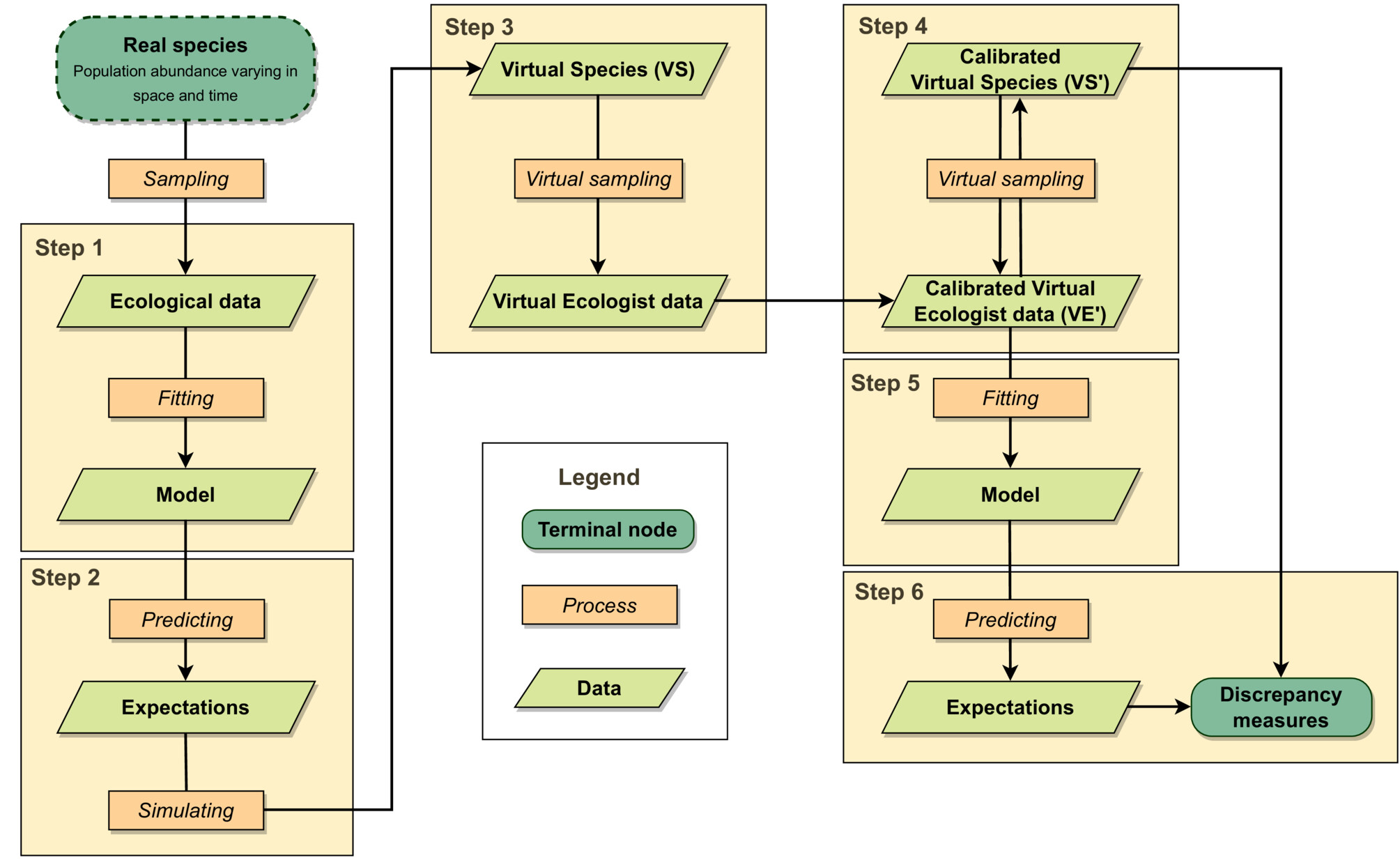
The journal Methods in Ecology and Evolution (https://doi.org/10.1111/2041-210X.14176) has published a paper by Katarzyna Malinowska, Katarzyna Markowska and Lechoslaw Kuczynski. The paper describes a new algorithm for generating so-called “virtual species.” Virtual species are synthetic data structures that replicate the spatial distribution of real organisms. They are used to test various statistical tools, as well…
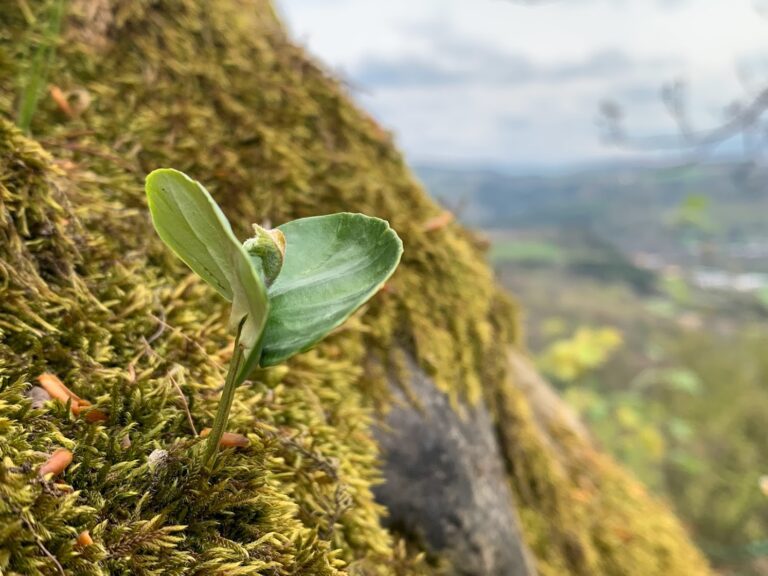
Climate change continues to reshape our natural ecosystems, and its impact on tree populations is a topic of great concern. Recent study (link: https://onlinelibrary.wiley.com/doi/full/10.1111/gcb.16730) led by Michal Bogdziewicz investigating the response of European beech (Fagus sylvatica) to climate warming has uncovered intriguing insights into the complex relationship between tree reproduction, climate change, and forest dynamics.
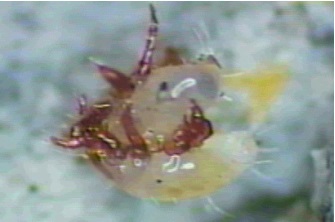
In a recent paper (link) Jon Parrett and co-authors from our Institute and Ghent University provided genomic evidence from mites with sexually selected weapon that this costly trait captures genome-wide variation and facilitates the purging of genetic load from populations.
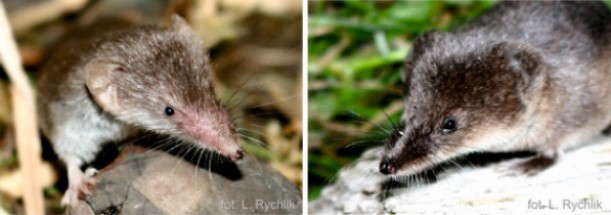
[fusion_builder_container type=”flex” hundred_percent=”no” equal_height_columns=”no” menu_anchor=”” hide_on_mobile=”small-visibility,medium-visibility,large-visibility” class=”” id=”” background_color=”” background_image=”” background_position=”center center” background_repeat=”no-repeat” fade=”no” background_parallax=”none” parallax_speed=”0.3″ video_mp4=”” video_webm=”” video_ogv=”” video_url=”” video_aspect_ratio=”16:9″ video_loop=”yes” video_mute=”yes” overlay_color=”” video_preview_image=”” border_color=”” border_style=”solid” padding_top=”” padding_bottom=”” padding_left=”” padding_right=””][fusion_builder_row][fusion_builder_column type=”1_1″ layout=”1_1″ background_position=”left top” background_color=”” border_color=”” border_style=”solid” border_position=”all” spacing=”yes” background_image=”” background_repeat=”no-repeat” padding_top=”” padding_right=”” padding_bottom=”” padding_left=”” margin_top=”0px” margin_bottom=”0px” class=”” id=”” animation_type=”” animation_speed=”0.3″ animation_direction=”left” hide_on_mobile=”small-visibility,medium-visibility,large-visibility” center_content=”no”…
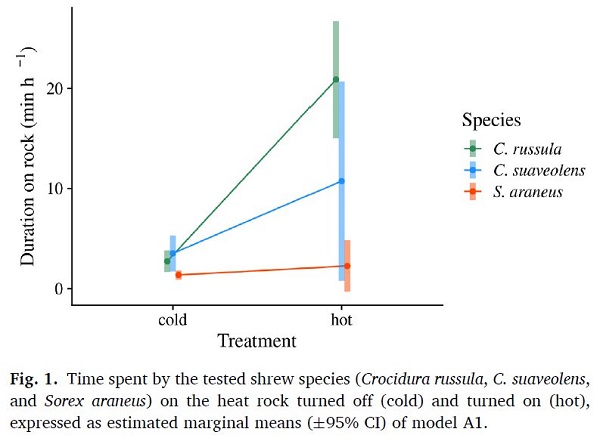
[fusion_builder_container type=”flex” hundred_percent=”no” equal_height_columns=”no” menu_anchor=”” hide_on_mobile=”small-visibility,medium-visibility,large-visibility” class=”” id=”” background_color=”” background_image=”” background_position=”center center” background_repeat=”no-repeat” fade=”no” background_parallax=”none” parallax_speed=”0.3″ video_mp4=”” video_webm=”” video_ogv=”” video_url=”” video_aspect_ratio=”16:9″ video_loop=”yes” video_mute=”yes” overlay_color=”” video_preview_image=”” border_color=”” border_style=”solid” padding_top=”” padding_bottom=”” padding_left=”” padding_right=””][fusion_builder_row][fusion_builder_column type=”1_1″ layout=”1_1″ background_position=”left top” background_color=”” border_color=”” border_style=”solid” border_position=”all” spacing=”yes” background_image=”” background_repeat=”no-repeat” padding_top=”” padding_right=”” padding_bottom=”” padding_left=”” margin_top=”0px” margin_bottom=”0px” class=”” id=”” animation_type=”” animation_speed=”0.3″ animation_direction=”left” hide_on_mobile=”small-visibility,medium-visibility,large-visibility” center_content=”no”…
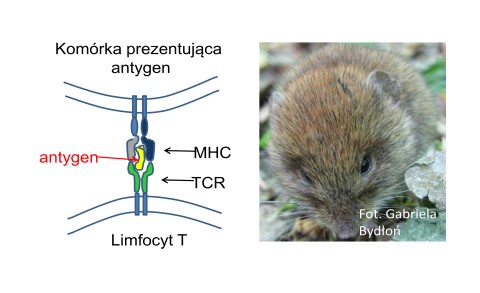
High polymorphism of major histocompatibility complex (MHC) genes that encode proteins crucial for adaptive immunity of vertebrates have been long hypothesized to be maintained by negative frequency-dependent selection resulting from adaptation of parasites to common MHC types, but supporting evidence is scarce. In our new paper in Molecular Ecology (Migalska et al. 2022, http://doi.org/10.1111/mec.16486) we find…

In the article published in Proceedings of the Royal Society B, https://doi.org/10.1098/rspb.2022.0212 dr Magdalena Herdegen-Radwan (Department of Behavioural Ecology) presents empirical suport for the role of associative learning in originating sexual preferences. Sexual preferences of guppy females changed following food-conditoning on different colours, supporting the emergence of an association between the colour of the stimulus…
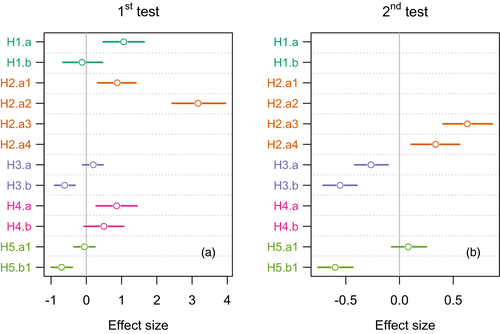
In this article, we explain how the degree of environmental heterogeneity may influence pests’ niche breadth evolution, which may in turn affect the ability of pests to persist in agricultural systems. The study was supported by the National Science Centre, Poland, research projects no. 2016/21/B/NZ8/00786 and 2017/27/N/NZ8/00305. Skoracka A., Laska A., Radwan J., Konczal. M., Lewandowski…